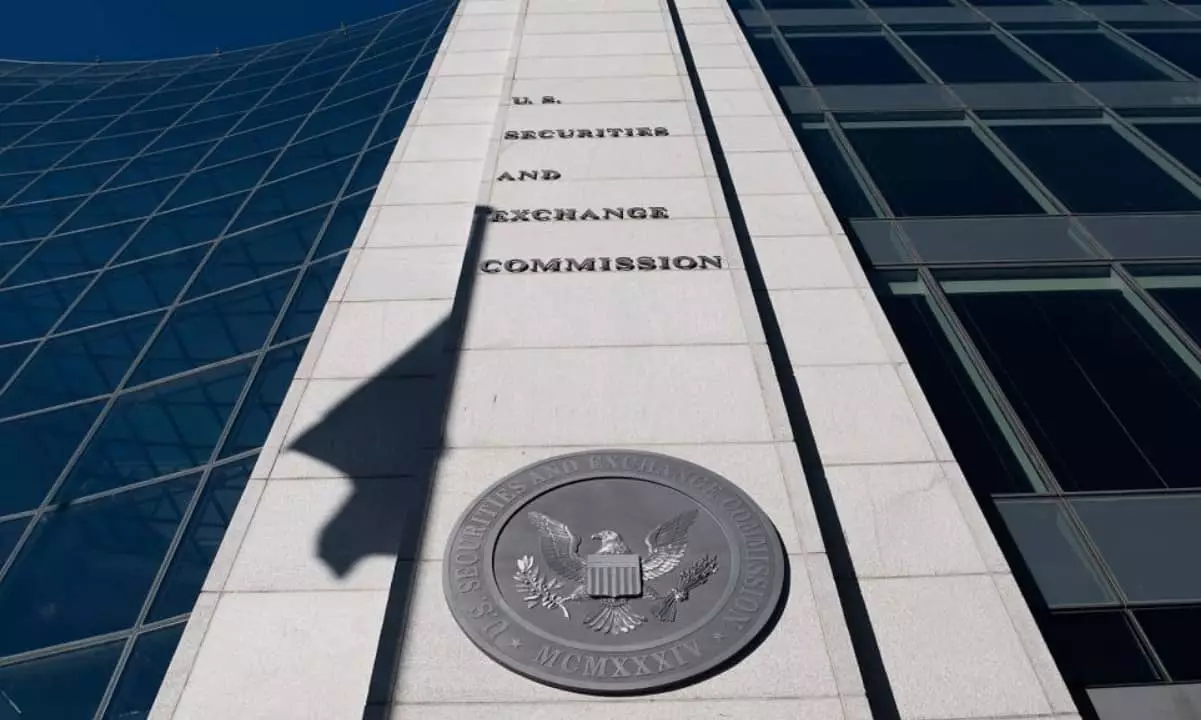In a shocking turn of events, U.S. District Judge Robert Shelby recently imposed sanctions on the Securities and Exchange Commission (SEC) for serious misconduct in its legal action against Utah-based cryptocurrency firm DEBT Box. This decision came after Judge Shelby found that the SEC had engaged in a “gross abuse of power” throughout the case. The allegations against the SEC gained widespread attention when the defendants accused the agency of distorting crucial facts to obtain a temporary restraining order freezing assets on the crypto platform.
Subsequently, the judge ordered the SEC to clarify its actions following concerns raised by DEBT Box’s legal team regarding the agency’s behavior. Although the SEC acknowledged some errors, it urged the judge not to issue formal sanctions. However, Judge Shelby rejected this request and pointed out multiple instances of “bad faith” conduct by the SEC. He held the agency accountable for its actions, emphasizing that it had severely undermined the integrity of the legal proceedings and the judicial process.
In his 80-page filing, Judge Shelby imposed sanctions on the SEC, mandating that the agency cover DEBT Box’s attorneys’ fees and costs related to the restraining order. Additionally, the judge dismissed the regulator’s motion to dismiss the lawsuit without prejudice, which would have allowed the SEC to refile the case at a later time.
Background of the Legal Action
DEBT Box found itself in legal trouble with the SEC in July over allegations of defrauding investors of nearly $50 million through the sale of unregistered securities. The SEC’s actions included a request for an ex parte temporary restraining order, usually reserved for cases involving the risk of evidence destruction or suspects fleeing the country. This move came after the SEC claimed that DEBT Box was in the process of closing bank accounts and preparing to exit the U.S.
Initially, Judge Shelby granted the SEC’s request for a temporary restraining order. However, as the case progressed, the judge began to question the accuracy of the information presented by the agency, prompting a demand for evidence. In December, the SEC admitted to making mistakes, with enforcement chief Gurbir Grewal issuing an apology for the oversight. Despite this, the agency attempted to avoid sanctions, arguing against any allegations of bad faith conduct.
Judge’s Criticism of the SEC
In his ruling, Judge Shelby criticized the SEC for relying on its federal agency status to justify its actions, particularly in seeking the restraining order against DEBT Box. He expressed concerns that granting the initial order had disrupted the lives of those involved in the case. Furthermore, the judge highlighted that the SEC not only repeated factual inaccuracies but also introduced new falsehoods in subsequent representations to the court.
Judge Shelby concluded that the issues at hand could not be dismissed as mere unintentional errors. He asserted that the SEC’s legal team had purposefully made strategic decisions to present false information, fully aware that without it, they would not be able to secure the restraining order and asset freeze.
Overall, the case against DEBT Box has shed light on the misconduct and abuse of power within the SEC. The sanctions imposed by Judge Shelby serve as a stark reminder that no entity, regardless of its status, is above the law.


Leave a Reply